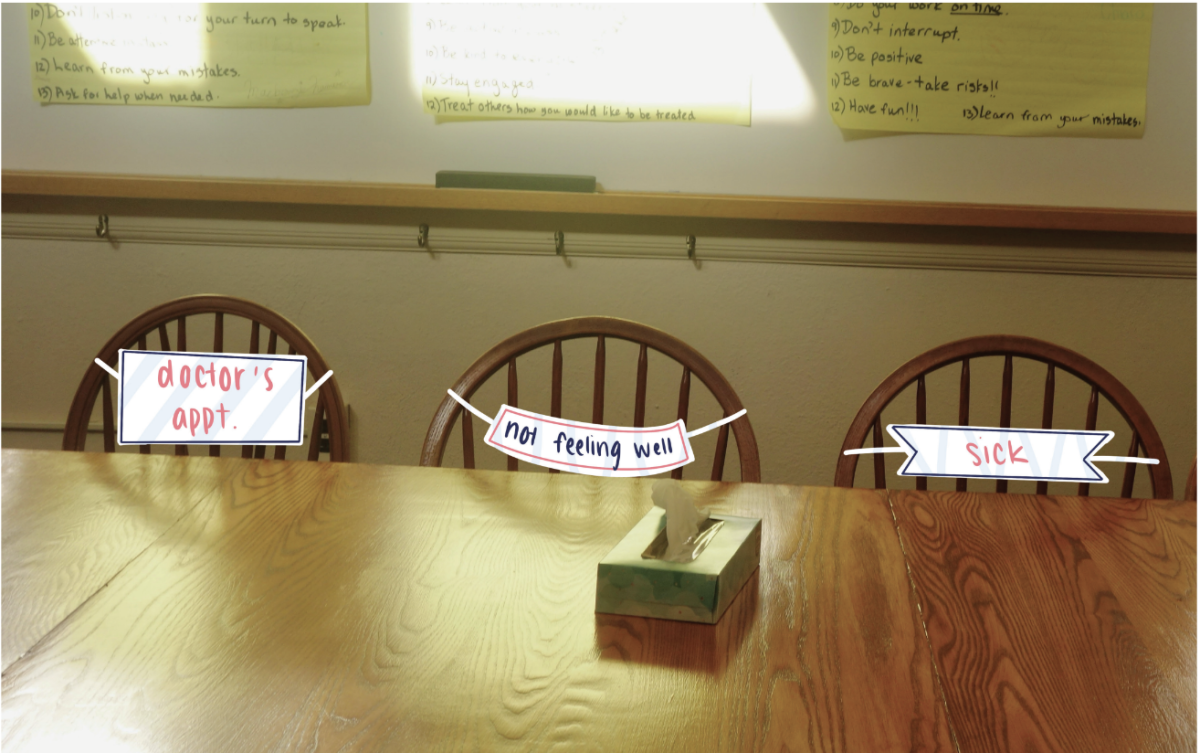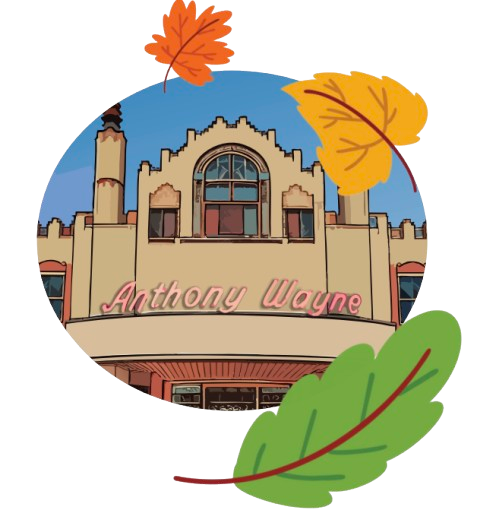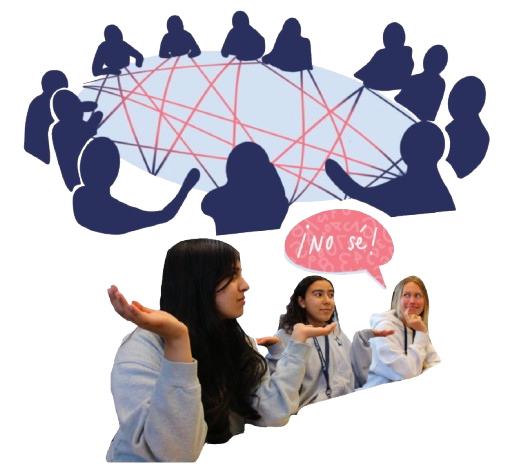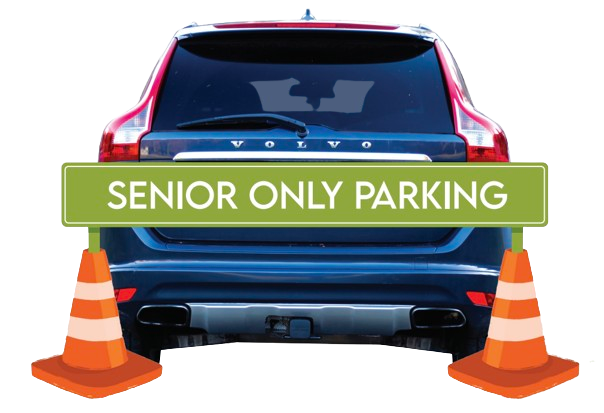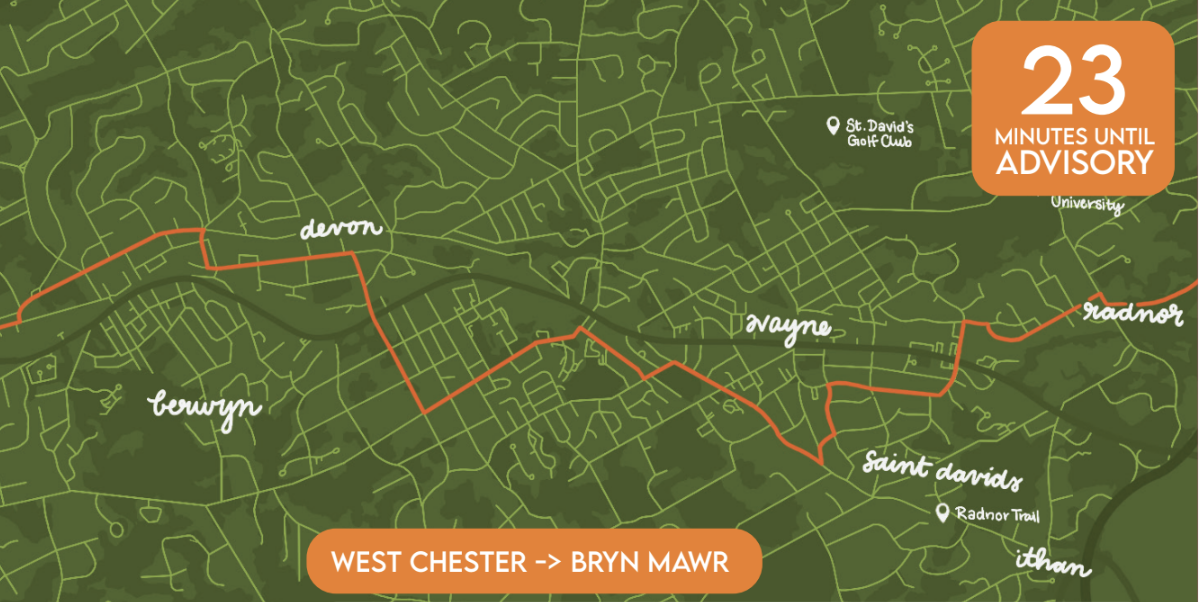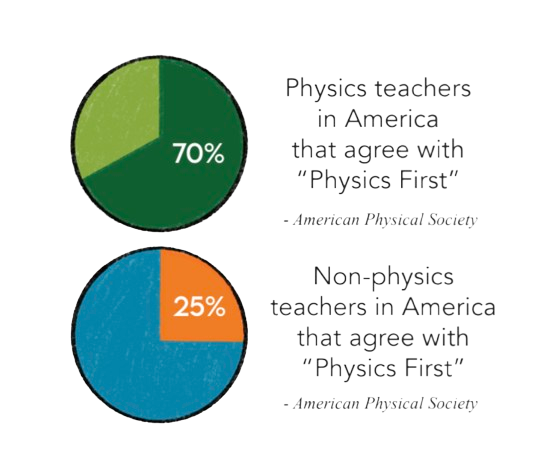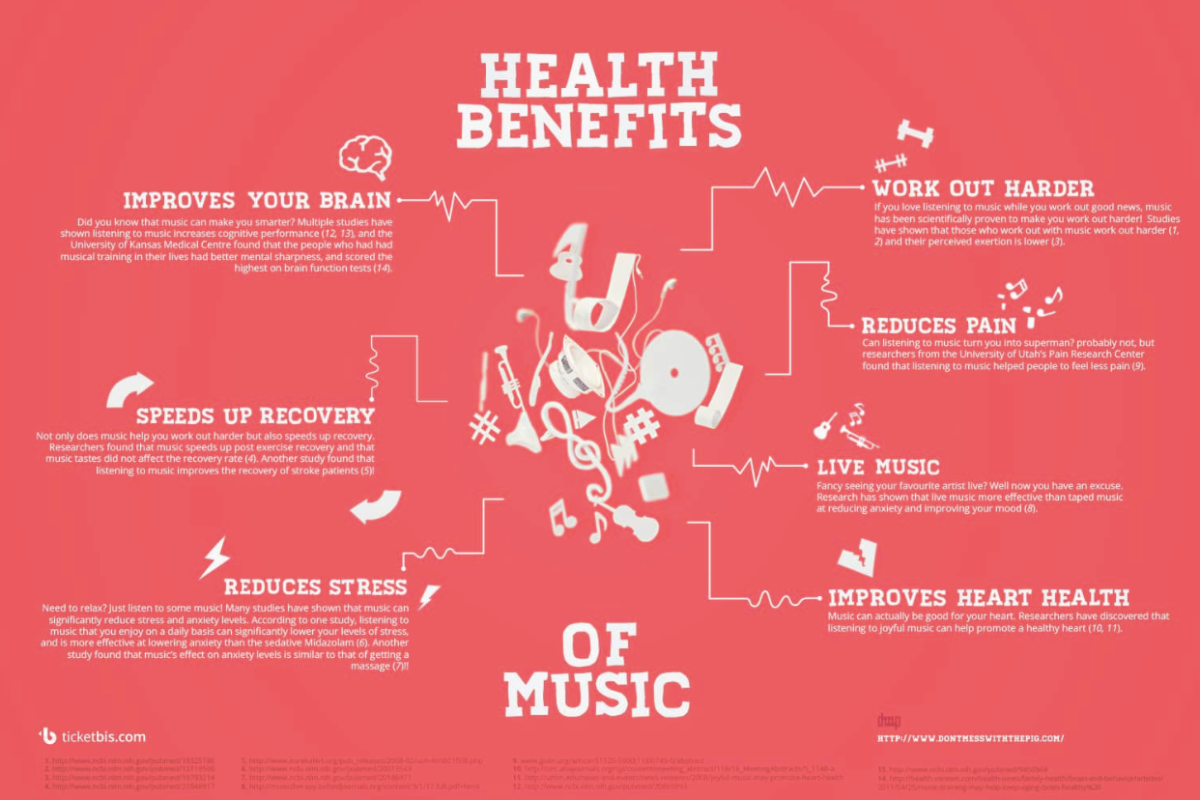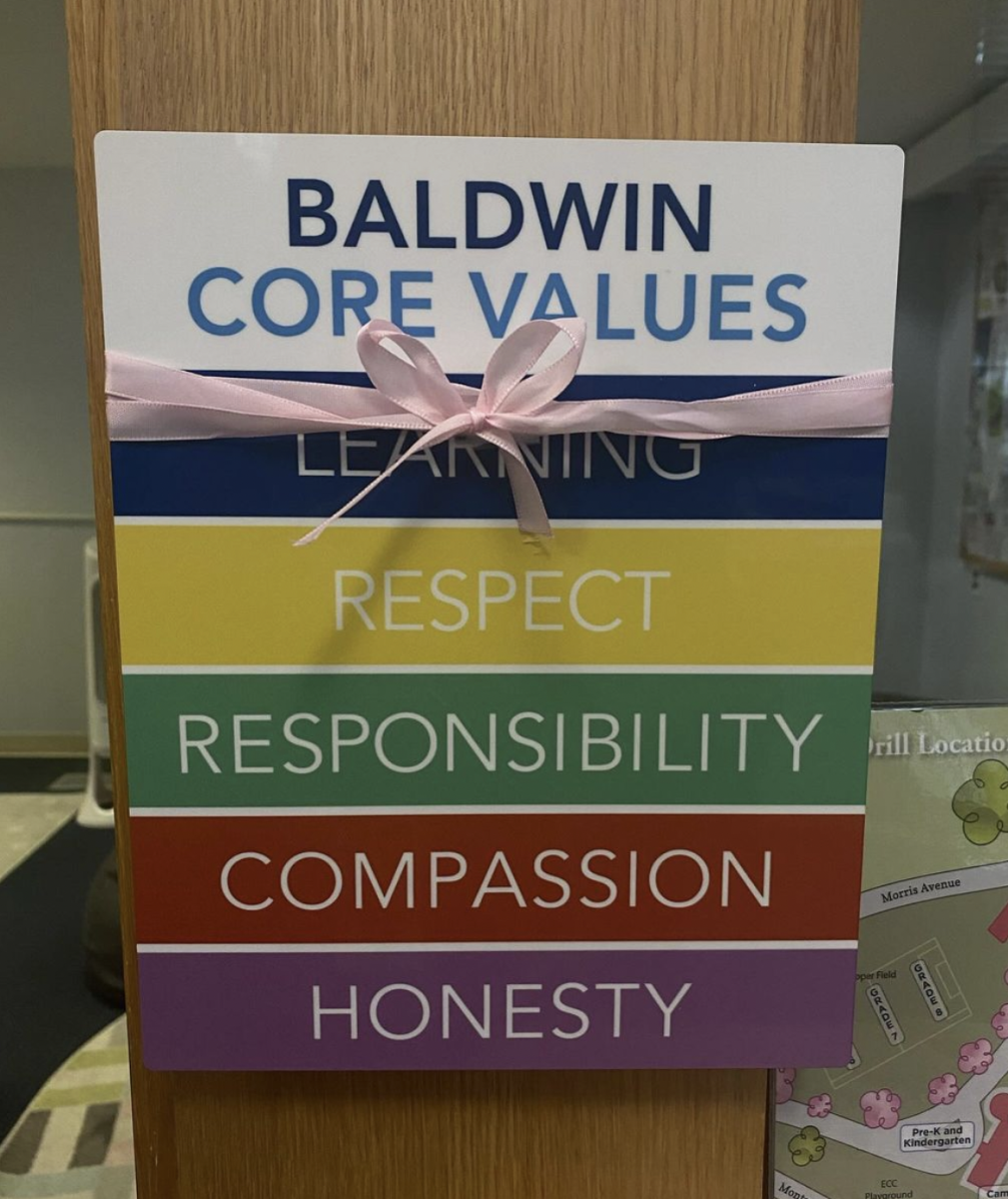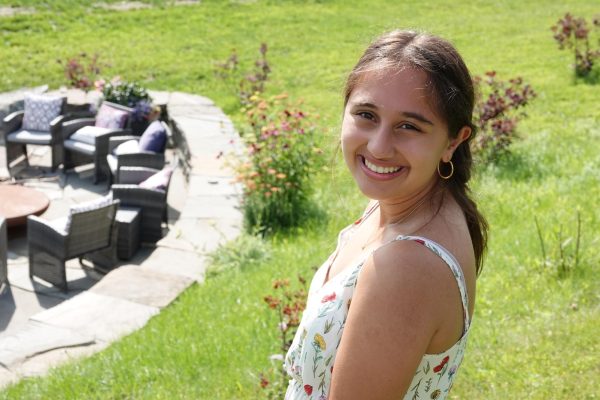Though most of us cannot vote in the 2024 presidential election, there is much we can do to make our voices heard. We all have opinions — as we have moved through high school, we have educated ourselves and found what issues truly matter to us.
Today, nearly a quarter of Americans are under 18 years old. Although we don’t have a say in the ballot, our leaders still represent us and make decisions about our lives. Even if it doesn’t feel like it, our future president will affect us, our friends, our relatives, and what America stands for.
In this historic election season, you may feel bombarded with political advertisements. This is overwhelming, but beginning your journey to civic engagement is not. Here are a few steps you can take to get involved.
Have meaningful conversations. It is hard not to become emotional or angry when discussing politics, but conversations are the best way to practice engaging in politics before we become America’s future leaders ourselves. We encourage you to step out of your comfort zone and “get political” with a sibling or trusted friend.
We are lucky to be in an environment at Baldwin where we can discuss our country’s politics with our peers and understand that, while we may not be experts on these issues, we are all curious to learn more. It is crucial to expand your horizons by seeking outside sources to keep you in the know.
Read and watch the news to keep tabs on American politics. Yes, we do have busy schedules and lots of homework, but it is our responsibility to try our best to stay informed. We recommend subscribing to the free daily newsletter “The Skimm,” following the New York Times on Instagram and watching presidential debates and interviews.
With all of this knowledge, you may wonder how you can apply it to make a tangible difference. Even as young Americans, we can do a lot to actively engage in the election.
Reach out to candidates’ parties and find ways to help. As minors, we can still write postcards, attend rallies, make phone calls to unregistered voters, fundraise, and canvas. While you may not be able to vote yourself, you can help ensure that those who can vote are informed and motivated to do so.
You can help eligible voters understand the voting process, including where to register, where to vote, and what ID they might need. You could even offer to accompany first-time voters to the polls or help them with mail-in ballots if they’re unsure about the process.
While national elections get a lot of attention, local politics also have a direct impact on our daily lives. You could volunteer for a local campaign or initiative that aligns with your values. This hands-on experience can be incredibly valuable!
Use social media responsibly. If you’re on social media often, use it responsibly! Leverage your social media presence to share factual, nonpartisan information about the election process, candidates’ platforms, and important issues.
Be sure to fact-check information before sharing and encourage critical thinking among your followers. You can also use social media to amplify younger voices and participate in online discussions about issues that matter to YOU.
Remember, civic engagement is an ongoing process, not just something that happens during election seasons. By starting now, you’re building habits and knowledge that will be helpful when you do become eligible to vote. Your voice matters, even if you can’t cast a ballot yet!
Avani and Riya







